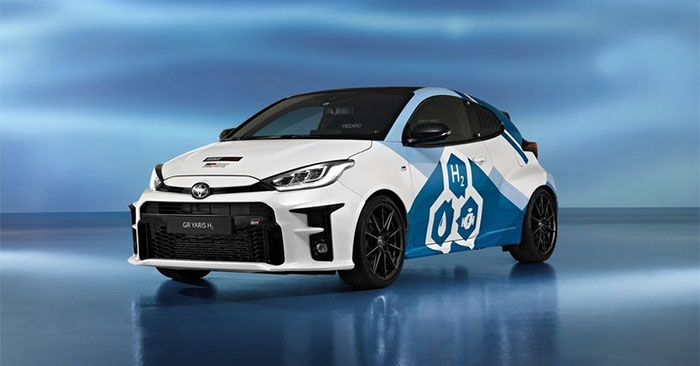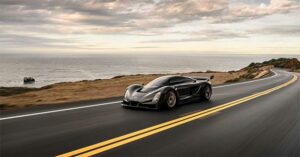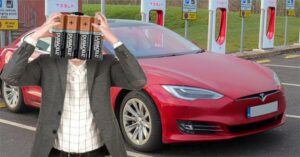
In a scenario where gasoline is costly and challenging to acquire, numerous scientists hold the belief that hydrogen, a renewable and eco-friendly energy alternative, can be utilized instead.
The tank stores pure hydrogen, which will undergo a reaction with oxygen atoms using electrochemical cells resembling a battery structure. This process generates a modest amount of heat, water, and electricity. The electricity produced is utilized to power the electric motor, allowing the vehicle to generate kinetic energy and operate.
Hydrogen engines emit water instead of the harmful exhaust emissions that pollute the environment, thanks to their operating structure.

Toyota and Yamaha collaborated at the start of the year to create a 5.0l V8 engine block inspired by the one found in the Lexus RC F. However, unlike the original gasoline-powered engine, this new version operates on hydrogen. To accommodate the use of hydrogen fuel, the exhaust manifold, fuel injection system, cylinder head, and cylinder intake manifold underwent extensive redesigning.
According to Yamada, this newly developed engine is capable of generating 455 horsepower at 6800 RPM. Although slightly lower than the gasoline engine variant which produces 472 horsepower, the difference is minimal.
According to Takeshi Yamada, a Yamaha engineer, driving on hydrogen is incredibly simple and does not require the use of electronic steering assistance solutions. This is due to the hydrogen engine’s user-friendly operation.
Yamaha initiated the development of hydrogen engine technology half a decade ago. In addition to partnering with Toyota, they have also joined hands with Kawasaki to implement this technology in motorcycles.
Starting from 2015, Honda Clarity Fuel Cell, Hyundai Nexo SUV, and Toyota Mirai have been providing hydrogen-powered vehicles for purchase. As of mid-2022, approximately 15,000 hydrogen-powered cars are now accessible in the United States.
Vietnam has a long-standing history of producing and utilizing hydrogen as an energy source. As stated in the “Vietnam Energy Outlook 2021” report, the implementation of a Net Zero scenario could lead to Vietnam achieving up to 90% self-sufficiency in domestic energy over the next three decades.
The development of the green hydrogen industry has the potential to replace fossil fuel inputs in numerous other industries.


